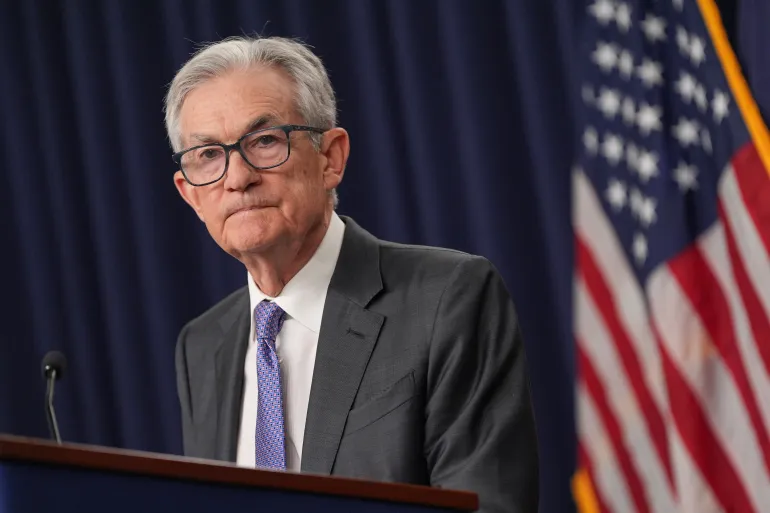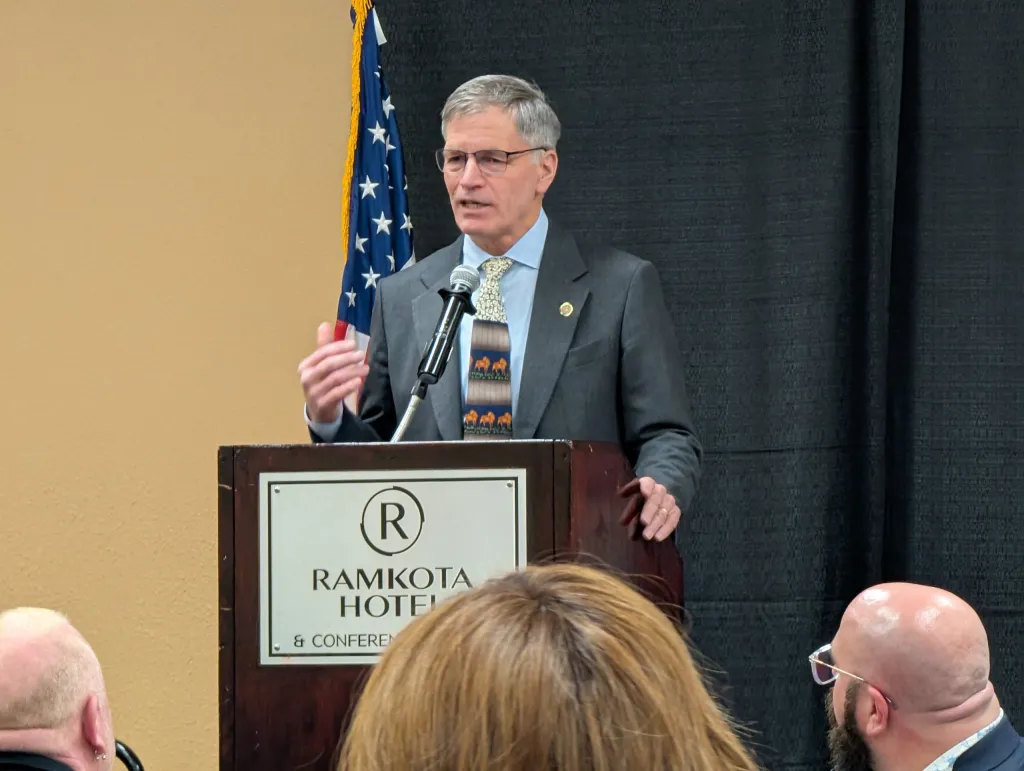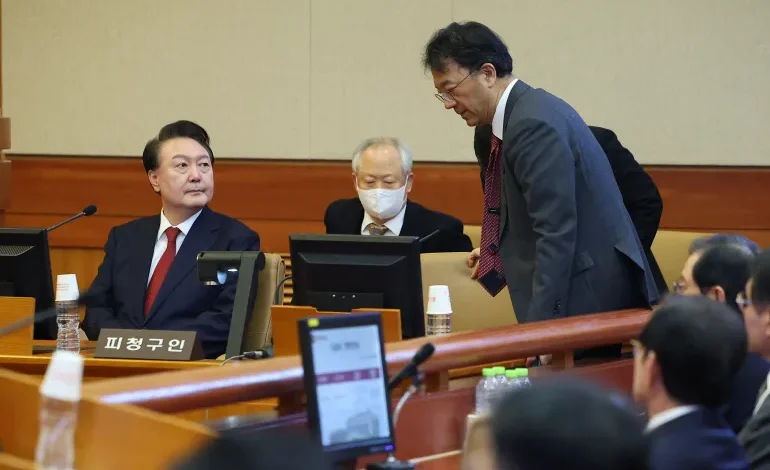South Korea’s anti-corruption agency has recommended that impeached President Yoon Suk-yeol be formally charged with insurrection and abuse of power, escalating the political crisis engulfing the nation, Al Jazeera reports.
The move follows a probe into Yoon’s short-lived martial law declaration in December.
The Corruption Investigation Office for High-ranking Officials (CIO) announced Thursday that it has requested prosecutors to indict Yoon, concluding that he attempted to suspend civil rule with “the intent to exclude state authority or disrupt the constitutional order.”
The case has now been transferred to the Seoul Central District Prosecutors’ Office, which has 11 days to decide whether to file charges and send Yoon to trial. The accusations against him are grave, potentially carrying a life sentence or the death penalty, though South Korea has a moratorium on executions.
Yoon has been suspended from his duties since the National Assembly voted to impeach him on December 14. He was arrested last week at his residence after repeatedly refusing to appear for questioning. This marked the first time in South Korean history that a sitting president has been taken into custody.
Yoon’s legal team has challenged the legitimacy of the investigation, arguing that the CIO, created in 2021, lacks the authority to investigate him for insurrection and that his arrest was unlawful. Insurrection is one of the few crimes for which the South Korean president does not have immunity.
The charges stem from Yoon’s controversial declaration of martial law on December 3, which he rescinded hours later following unanimous opposition from the National Assembly. During his first appearance before the Constitutional Court on Tuesday, Yoon denied ordering the military to forcibly remove lawmakers from the assembly to prevent them from overturning his decree. He argued that lawmakers could have assembled elsewhere to vote.
Meanwhile, Yoon’s political fate also rests with the Constitutional Court, which is separately considering whether to uphold his impeachment or reinstate him. The court has 180 days to render its decision.
South Korea has been in a state of political turmoil since December. Finance Minister and Deputy Prime Minister Choi Sang-mok has been serving as acting president since December 27 after lawmakers impeached Han Duck-soo, Yoon’s initial successor, for refusing to quickly fill vacancies on the Constitutional Court.










The latest news in your social feeds
Subscribe to our social media platforms to stay tuned